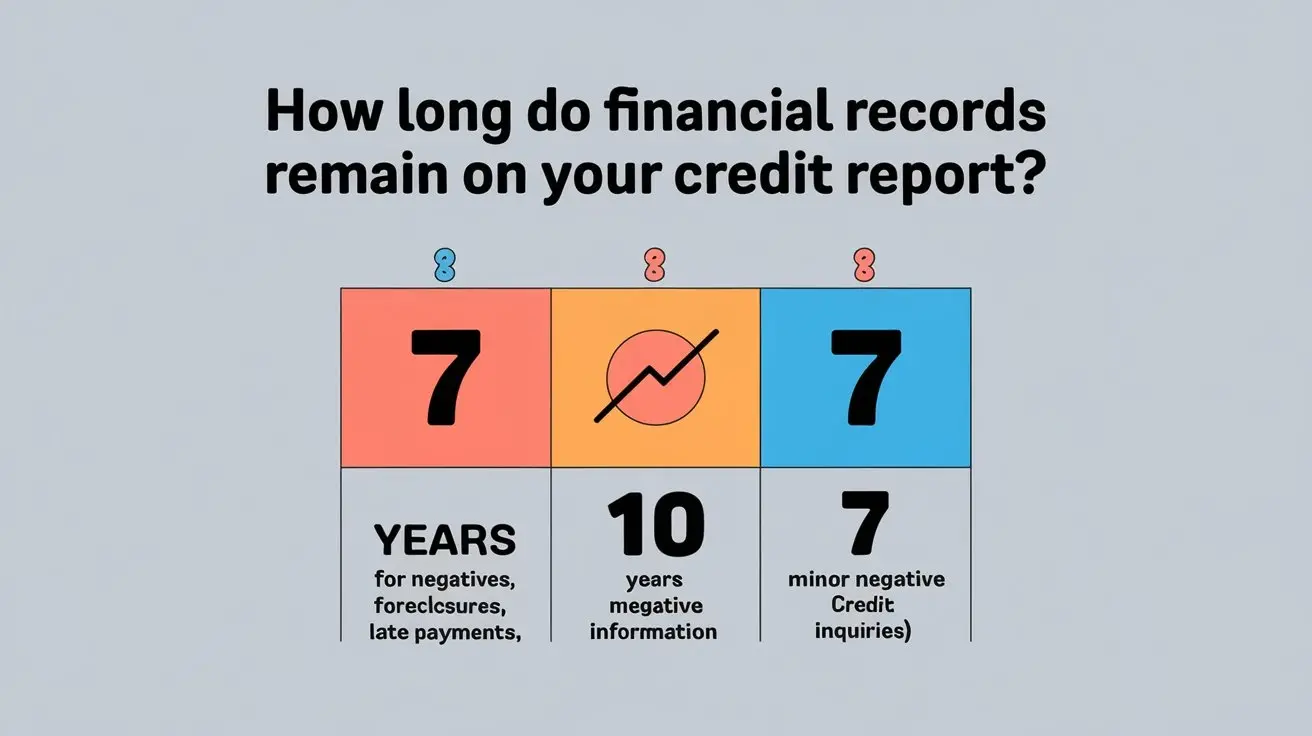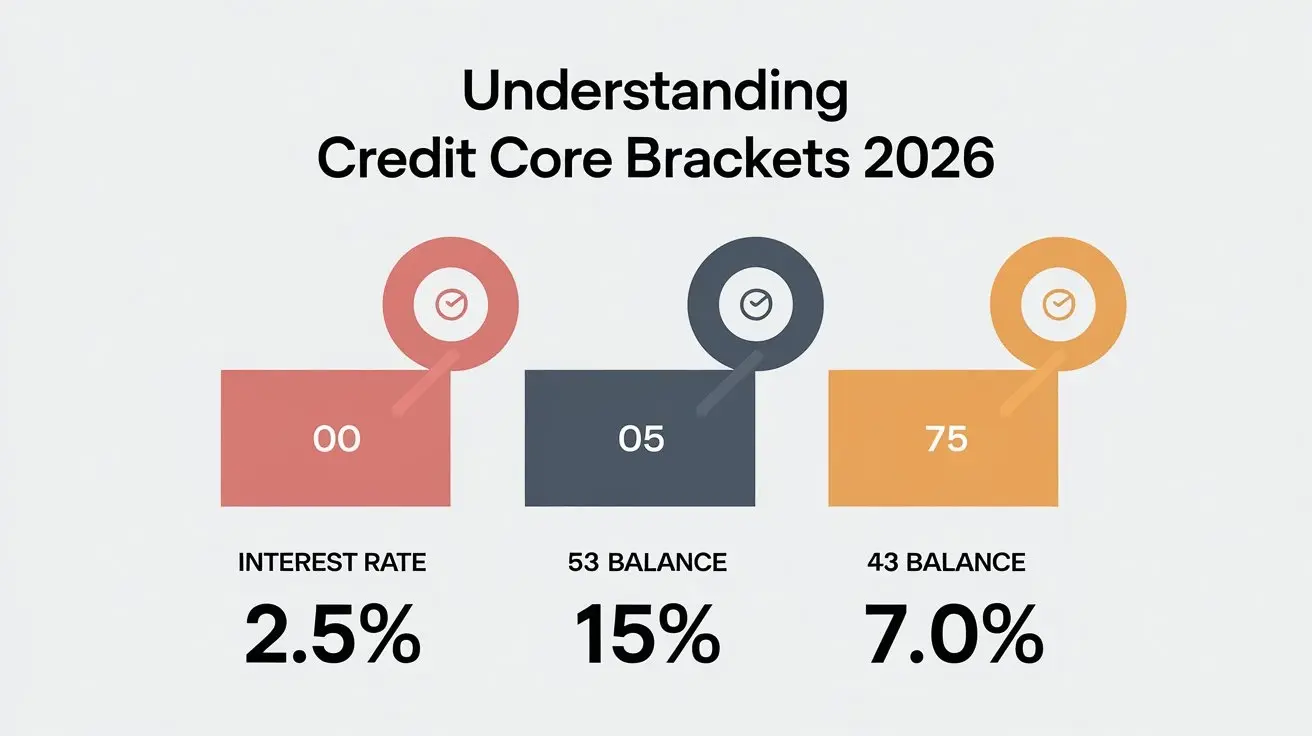
In this case, many individuals ask themselves if they will be able to run their credit report without this affecting their credit rating. Given that everybody today is trying so hard to keep a good credit score, it is not surprising that people do not want to engage in anything that would lower it. Does being one of those who routinely checks their credit report also fall under that same category
In short, the answer is no, because when you request your credit report to monitor your credit score, or review the information provided in the report, your score cannot be reduced. These are the two reasons that exist in this case.
Credit Check Inquiries – Hard vs Soft
As much as there are things which may affect the credit score, it is essential to differentiate between the hard credit check and the soft credit check.
A hard inquiry is when a credit grantor obtains your credit report because you have applied for credit. This includes a credit card application, car loan, home loan or any loan that one may require. Every time you complete a credit application, a credit report is pulled to assist the lender decide whether or not to approve your loan along with the terms to be offered.
The frequency and volume of hard inquiries also affect your credit score, and if you have made several hard inquiries in a short time, this will reduce your credit score marginally. This is because simultaneous applications for new credit could be interpreted as risky by lenders. However, the effect of these hard inquiries is not permanent and gets erased after some time.
On the other hand, soft credit check means that your credit report has been accessed but you did not apply for any credit. Soft inquiries also sometimes called “peeks” because they let a person take a glance at your credit file but do not affect your score in any way. Some examples of soft inquiries include:Some examples of soft inquiries include:
-
You can also check your own credit report
-
Your current creditors occasionally viewing your report and checking on your account
-
Basic eligibility assessments by the lenders when you go for loans.
-
Employment verification by landlords or employers
Soft inquiries are not linked to the applications for new credit and, therefore, do not influence the credit score at all.
Soft inquiries include checking your own report.
If you got your credit report from the three main credit bureaus, such as Experian, TransUnion, or Equifax, then this is not considered as checking credit report by a lender. It leads to a soft credit check that does not impact your credit score in any way.
You can request your reports from each bureau once in a year for free. Thus, if you go through the formal channels through the AnnualCreditReport. com website, you can get a look at your reports as often as once a week per bureau. This frequency only qualifies as the soft inquiries that should not impact your score in any way.
However, if you do the same from other sources, it may lead to hard inquiries, so be careful of that. For instance, certain free credit score offerings put expectations that you join a free trial with credit card firms or other lenders to get your scores and reports. Applying for any of these offers would most probably lead to a hard inquiry on your report. If you are using such services not for the purpose of getting credit but simply to review your credit report, then it is advisable to steer clear of these services.
In this work, the focus will be to analyze the effects of hard inquiries on the credit score.
Although we have provided evidence that checking your credit report only generates a soft inquiry that does not affect your credit score, you may still be interested in knowing how much impact the hard inquiries that are generated by credit application have. Particularly if you want to compare the rates of various lenders and apply for credit in several companies within several months while comparing.
FICO, VantageScore, and other major credit scoring models are aware that rate shopping is essential when it comes to loans. That is why they have special conditions to prevent your score from decreasing during this period to a greater extent.
Here is some insight on how hard inquiries are typically counted on your reports when mortgage and auto shopping:Here is some insight on how hard inquiries are typically counted on your reports when mortgage and auto shopping:
Mortgage Rate Shopping
-
You can compare mortgage offers within a 45-day period and it will not affect the number of inquiries made on your credit report by the bureaus. Any mortgage inquiries made within a 45 days period are considered as one inquiry.
-
FICO scoring models that relate to your credit report also consider that multiple mortgage inquiries within a 14 day period will be counted under one.
This means that checking one’s own credit report more than once does not affect it in any way and that rate shopping for a mortgage should be considered one inquiry that happens within the shopping period.
Auto Loan Shopping
-
In the case of auto loan shopping, normally you have 14 days to shop around but the inquiries are counted at only one.
-
Another important detail of FICO is that all auto inquiries during a 30 day period are taken as a single inquiry.
The windows for rate shopping during which the applicants will not be penalized for excess inquiries vary slightly depending on mortgages, auto loans and FICO models. But in all cases, credit scoring algorithms know that it is required and reasonable to compare rates of different credit providers when making a large credit decision. That way it will not affect your scores too much as long as you focus all your applications in a given period of time.
Any effect of those hard inquiries will not stay for long The effects of those hard inquiries will not last long Most of the time they are only slightly damaging to your score for about one year or less.
Of all the tips, one of the most important is to do rate shopping first and get preapproved before beginning the hunt for homes or cars. This enables you to make all the needed credit inquiries first before proceeding to the next line of action.
The Takeaway
When you check your personal credit report, it is referred to as a soft inquiry which does not affect the score. Not even if you visit the AnnualCreditReport. com and open your reports frequently will your credit scores drop. You want to periodically review your reports to be able to detect any possible mistakes as well as the possible fraud.
Most of the credit scoring systems in the market today provide a lower score to the credit seekers when he or she offers new credit applications leading to hard inquiries. However, credit scoring models have provisions for rate shopping periods. They thus consider all inquiries after 14-45 days for the same loan purpose as a single inquiry. But the small ding from these hard inquiries during shopping is only temporary.
So yes, doing credit report check as frequently as possible including weekly is advisable for checking purposes and does not in any way have a negative impact on your credit scores. AnnualCreditReport. com is the safe and official way to obtain your reports often, which should be done over the time. Just remember that applying for any new credit accounts will lead to hard inquiries that can have a rather small negative effect on your scores, which will have to disappear on their own over time. As long as you confine your rate shopping within a short duration, checking reports from various lenders will not harm your scores.










